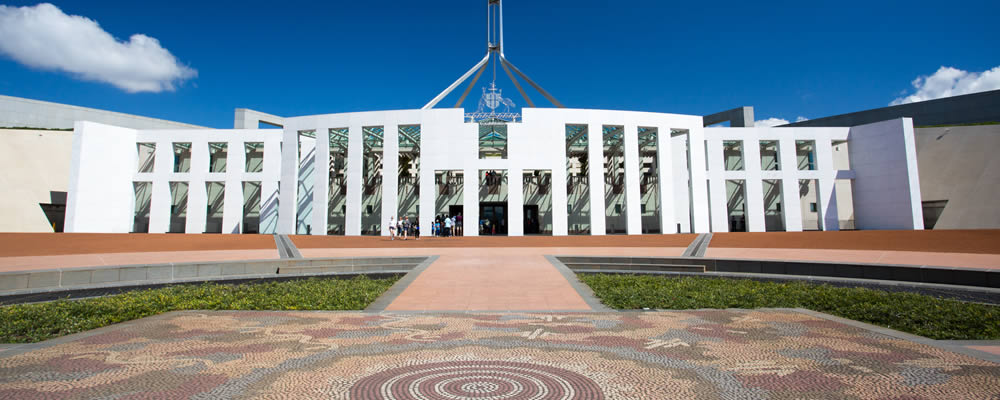- RBA Deputy Governor Guy Debelle Quashes Rate Hike Hopes – AUD Plummets in Response
- Chinese Demand Keeps Iron Ore Strong – Australian Economy likely to Continue to Reap Rewards
- ECB Maintains Rate Levels – Mario Draghi Indicates QE Discussions will Begin in September
The Euro to Australian Dollar (EUR/AUD) exchange rate climbed today as the Reserve Bank of Australia’s (RBA) Deputy Governor Guy Debelle single-handedly quashed hopes regarding the future neutral interest rate.
Debelle stated:
‘There was a discussion of the neutral rate at the most recent board meeting, as detailed in the minutes of the meeting released earlier this week. No significance should be read into the fact the neutral rate was discussed at this particular meeting. Most meetings, the board allocates some time to discussing a policy-relevant issue in more detail, and on this occasion it was the neutral rate.’
Debelle’s statement made it clear that investors had, perhaps, been too quick in jumping to the ‘Aussie’ Dollar in response to the 3.5% neutral rate reference in the minutes from the last RBA policy meeting.
The ‘Aussie’ Dollar quickly pared its recent gains in response, dropping against the Euro after the common currency had already been strengthened by European Central Bank (ECB) President Mario Draghi’s comments yesterday.
Euro (EUR) Surges as ECB Keeps Rate Levels Steady, Draghi Asserts QE Policy Discussions to Begin Autumn
As forecast, the European Central Bank (ECB) did not raise interest rates or indeed even hint at changes to its quantitative easing scheme in yesterday’s meeting. Mario Draghi, ECB President, did however deliver a press conference wherein he asserted that future discussions regarding quantitative easing would take place in early autumn.
Whilst this statement might seem fairly limited, it was enough to summon up a great deal of demand for the single currency, bolstering the Euro and pushing the gap between it and the Australian Dollar even wider.
AUD Down Despite Iron Ore Strengthening – Future Oversupply Threatens Long-Term Rally
Mixed forecasts for the price of one of Australia’s key commodities have also been having an impact on Australian Dollar movement.
Whilst iron ore has strengthened lately due to increasing Chinese demand, there remains anxieties that its rally may simply be transitory.
Iron ore prices are likely to face increasing pressures from the growing surplus caused by low-cost suppliers in Brazil and Australia. Indeed, earlier in the week the BHP demonstrated that a rise in output had occurred in the three months to June, forecasting a gain of over 4% for the current financial year. Additionally, Anglo American’s second quarter report illustrated that production had leapt some 27%, hitting a whopping 15.7 million tonnes.
On the second front is the possibility that the steel market could soften in the coming months due to a cyclical backdrop within the property market.
Julius Baer stated on the subject:
‘The steel market should soften over the coming months, facing both cyclical and seasonal headwinds. […] The cyclical backdrop is unlikely to get better and the property market should start rolling over following months of tightening regulation.’
Should this materialise then the forecast for the Australian Dollar could remain somewhat gloomy, affording the single currency space to climb.
Forecast for EUR AUD: Eurozone PMI and Australian Inflation Data Due Next Week
With some very significant data releases for Australia and the Eurozone due out next week, EUR/AUD exchange rate volatility can be expected.
This starts on Monday with the release of the Eurozone’s PMIs. If these present positive sentiment towards services and manufacturing then it is likely that the Euro will continue to rally against the weakened ‘Aussie’ Dollar.
On Wednesday, however, Australia’s CPI figures will be released. The report may give the antipodean currency the opportunity it needs to claw back some of its losses should the levels of inflation appease markets.
Current Interbank EUR AUD Exchange Rates
At the time of writing, the Euro to Australian Dollar (EUR AUD) exchange rate was trading at 1.4721 and the Australian Dollar to Euro (AUD EUR) exchange rate was trading at 0.6791.



